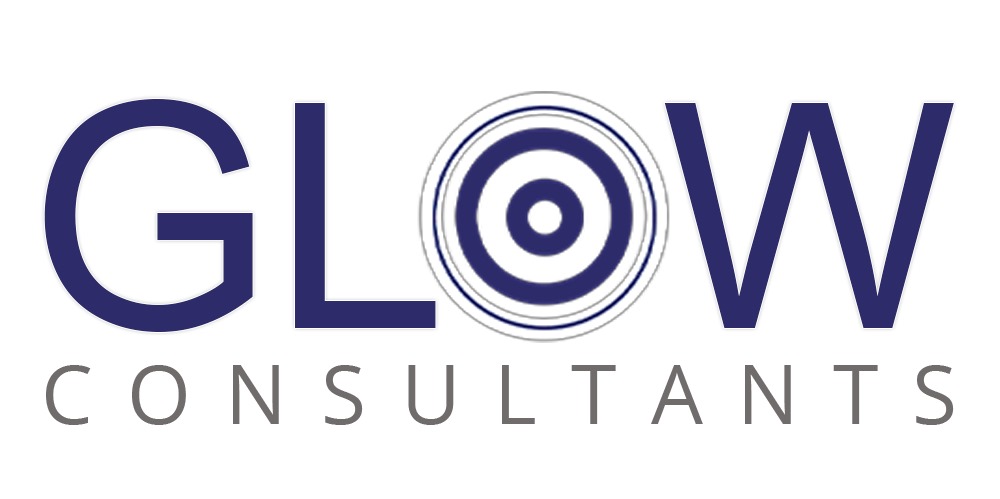
| Posted date | 14th March, 2023 | Last date to apply | 5th April, 2023 |
| Category | Development Sector | ||
| Type | Contractual | Position | 1 |
| Status | Closed | ||
About Us:
The GLOW Consultants (Private) Limited is SECP and PSEB registered Islamabad based development consultancy firm. It provides specialist consultancy services to donor agencies, major national and international NGOs, international consultancy firms and research institutes. GLOW offers a range of monitoring, evaluation and learning services to its clients.
Responsibilities:
- Lead on programme development activities including technical and financial proposal and concept note development;
- Supervise and conduct desk review and develop inception report and data collection tools;
- Lead and support the identification and selection of the experts and field team and delivering training;
- Lead the monitoring of the field data collection activities;
- Keep track of the collected data;
- Support and/or lead interviews with the key informants;
- Lead with data transcription for focus group discussions and key informant interviews;
- Lead the data analysis (using appropriate software) and report writing;
- Lead in-terms of coordinating activities with the field teams and/or client;
- Provide input to resource mobilization strategies; analyze and maintain information and databases;
- Provide input to relevant documentation such as programme summaries, briefing notes, and client presentations;
- Provide technical input to senior management through background research;
- Provide inputs to knowledge building and communication efforts;
- Perform any other task assigned by Supervisor
Required Qualifications:
- Minimum Bachelor's degree, preferably a Master's, in a related field (e.g., development studies, Statistics, Economics, Political Science, Communication, Social Studies, Management etc.).
- Three to five years of increasingly responsible professional experience in work related to international development or social sector;
- Have strong research, analytical and report writing skills is a must;
- Knowledge and practical experience in report writing, data analysis and proposal development is highly desirable;
- Knowledge and practical experience in quantitative software (SPSS, STATA etc.) and/or qualitative software (NVivo, MAXQDA etc.) is a plus;
- Experience with development consultancy firms is a plus.
- Proficient in IT and Computer skills.
Languages:
- Fluency in English and Urdu.
- Knowledge of local languages (Pushto, Punjabi, Saraiki, Chitrali, etc.) is a plus.
Competencies and Values:
- An extroverted individual with excellent leadership, social and strategic skills, that can work both as a team player and leader.
- Ability to gather and interpret data, reach logical conclusions and present findings
- Touch typing skills for improved productivity;
- Good analytical skills
- Ability to travel to the field.
- Respect for diversity, integrity and professionalism
- Awareness and sensitivity regarding gender, disability and other marginalization issues
- Accountability, creative problem solving, effective communication and team player.
Apply By:
Apply through email at [email protected] with subject line "Senior Programme Officer".
Test and interviews will be conducted on rolling basis. Applicants are encouraged to apply as soon as possible.
The position will be based in Bahria Enclave Islamabad.
Women, minorities and people with disabilities are encouraged to apply.
Relevant Experience: ....
Relevant Experience: Minimum 1 year of relevant experience....
Relevant Experience: 4 -5 years’ experience, preferably in t....
Relevant Experience: 4 years of total experience with 2-3 years of....
Action For Humanity (AFH) is an International NGO that p....